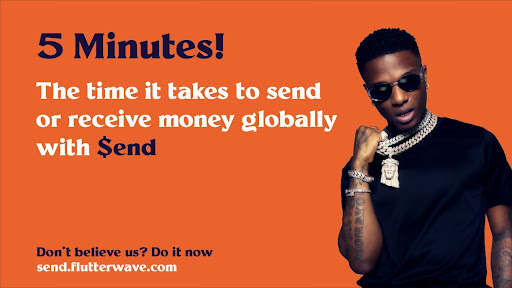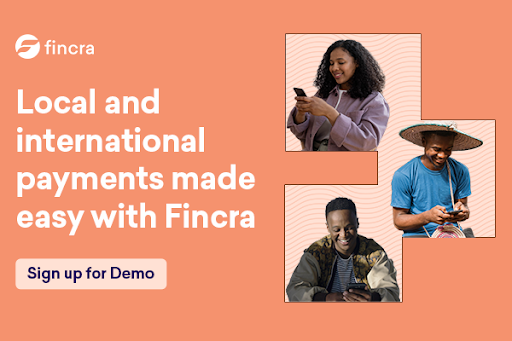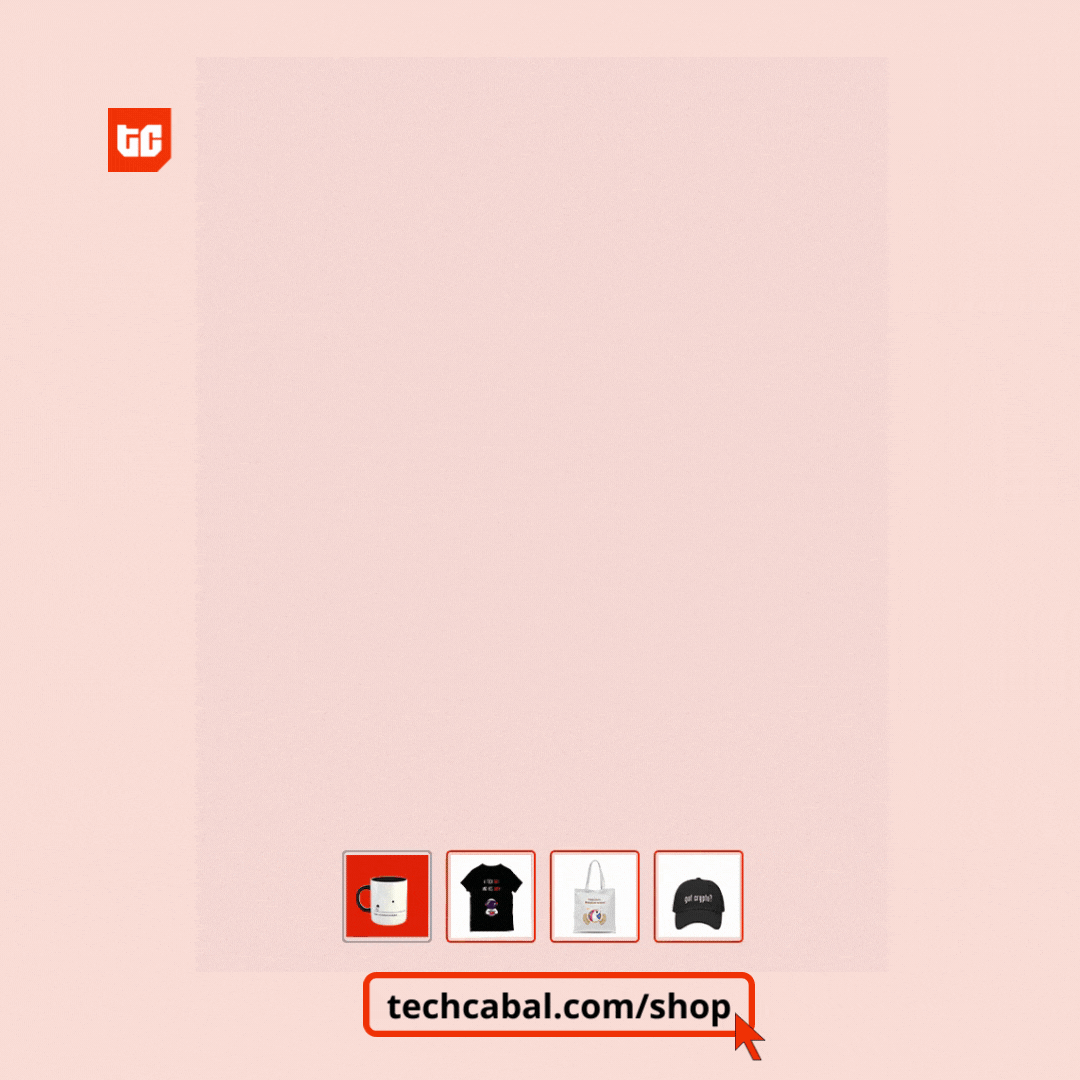
IN PARTNERSHIP WITH

Good morning ☀️
Startup funding data is an important measure of growth for the African tech ecosystem but we don’t get to see these numbers until the end of the year when reports start dropping from various data publications, including TC.
But we’re switching things up.
We’ve built a dashboard that tracks Africa’s funding activity in real-time and will soon launch it for the public.
Right now though, we’re looking for beta testers to help us make it better. If you’re interested, let us know and we’ll email you a private link.
In today’s edition
- South Africa accuses Facebook of antitrust practices
- How ArtDey is connecting African artists to a global audience
- The 15 startups selected for Google for Startups Accelerator Africa
- The African Tech Regulation Report
- Opportunities
SOUTH AFRICA ACCUSES FACEBOOK OF ANTITRUST PRACTICES
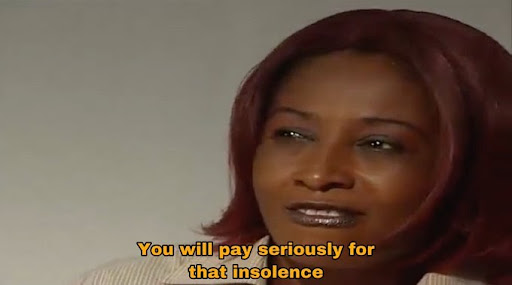
South Africa’s Competition Commission has referred Facebook and WhatsApp to a tribunal for allegedly abusing its dominant position in the market.
What happened?
This happened after Meta restricted GovChat—a startup that connects government and citizens—and its subsidiary #LetsTalk’s access to data on its WhatsApp Business Application Programming Interface (WhatsApp Business API).
In a statement, the regulator accused Meta of “abusing its dominance by engaging in exclusionary conduct geared at preventing competitors or potential competitors from entering into, participating, and expanding in a market”.
It also said the company had “imposed and/or selectively enforced exclusionary terms and conditions regulating access to the WhatsApp Business API, mainly restrictions on the use of data”.
What’s WhatsApp saying?
WhatsApp, in its defence, explained that its reason for restricting GovChat’s access was because the startup failed to comply with Meta’s terms of service.
“GovChat has repeatedly refused to comply with our policies which are designed to protect citizens and their information, preferring to prioritise their own commercial interests over the public,” a Whatsapp spokesperson told Reuters. “We will continue to defend WhatsApp from abuse.”
But who is GovChat?
GovChat was launched in 2018 by Eldrid Jordaan for the South African government as a citizen engagement platform that uses the WhatsApp Business API to facilitate real-time communication. It currently has 8.7 million active users and has processed over 582 million messages. The platform has also raised about $2.5 million in funding.
GovChat plays a vital role in South Africa as it has been used by the government to process social security applications, including for distress support during the Covid pandemic. Over 13.3 million applications have been submitted through the GovChat platform. The platform is also used to complain about civic issues like bad roads.
Zoom out: SA’s case against Facebook joins Meta’s growing list of accusations for anti-competitive behaviour in different parts of the world, including in the US—where Meta’s VR product Oculus is being scrutinised—and the EU, where a deal on Meta and Google’s advertising practices is under the microscope.
Don’t just send money, send money fast. Send and receive money directly to mobile wallets, bank accounts, Barter or through cash pickup with $end.
Visit send.flutterwave.com and do it now!
This is partner content.
HOW ARTDEY IS CONNECTING AFRICAN ARTISTS TO A GLOBAL AUDIENCE
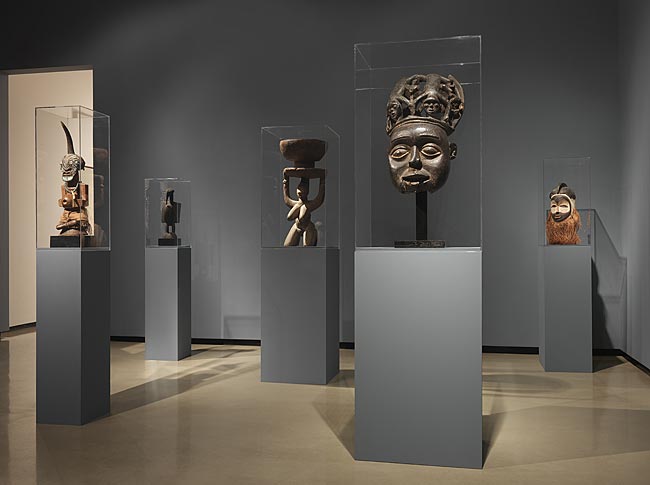
After months of struggling to sell his artworks, Okedoyin Oluwatosin, a Nigerian artist who displays his pieces at Jakande, a popular market in Lagos, wanted to quit making art.
But then, ArtDey, an African online art marketplace, offered to help him sell them, for prices ranging from ₦50,000 ($120) to ₦150,000 ($350). Okedoyin evolved his art while working with ArtDey, and today, some of his pieces are on display on the international online marketplace, Artsy, selling for as high as $3,000.
Painting ArtDey’s picture
ArtDey—co-founded in 2020 by Chioma Onyenwe, a 33-year-old filmmaker, and her siblings: Emeka Onyenwe and Adaobi Onyenwe—is an online marketplace that connects contemporary African artists to a global audience. Onyenwe studied economics at the University of Lagos, before going on to the Imperial College in London for a master’s in management. Before going into film full-time in 2013, she had worked in investment banking and consulting for firms such as Chapel Hills and Accenture, for a few years.
She’d also worked at the Africa International Film Festival (AFRIFF), and benefited from Project Act Nollywood—a programme created by Nigeria’s federal government to fund filmmakers for production and distribution and capacity building. With help from the programme, she produced her first short film 8 Bars and a Clef through her production company, Raconteur Productions, back in 2015. Since then, she has worked across different mediums—theatre, podcasting, and documentary filmmaking.
Onyenwe, who has been collecting African art since 2015, went to collect art in an art market in Kenya in March 2020 but found she could afford only 1 of the 2 paintings she liked. She decided she would return to the art market later for the second painting, but, during that weekend, Kenya recorded its first COVID cases and was set to close its airports. Onyenwe had to take the first flight on Monday back to Lagos. She never went back to the art market, and never got the piece, mostly because there wasn’t a way to move the artworks across countries.
Fast forward to June, Onyenwe visited the art markets in places such as Jakande and Muri Okunola in Lagos, but they were empty, and the shops that opened did so on specific days. These markets were tourist attractions, but air travel restrictions, because of COVID, had shrunk their sale of art pieces.
Onyenwe created ArtDey’s website in June 2020 to supply art to collectors outside Nigeria. At the end of June that same year, the website went up. Apart from trying to help relieve the struggles of these artists, Onyenwe revealed that, at the time, she, too, was struggling as the pandemic had destroyed her plans for the year, and she needed to get something to work.
ArtDey set out to provide a platform for local and emerging African artists who are not digitally savvy enough to use the internet to connect to a global audience themselves.
There’s a clearer picture in This online art marketplace is African artists’ road to Hollywood and beyond.
Buy Dollar stablecoins with Naira on Busha, Earn passive income on your Dollar stablecoins, Receive interest daily and cash out anytime you want. With Busha, you get access to the best flex savings for Dollar equivalent in Nigeria. Start saving for the future you want NOW!
This is partner content.
THE 15 STARTUPS SELECTED FOR GOOGLE FOR STARTUPS ACCELERATOR AFRICA

In 2017, Google launched the Google Launchpad Accelerator—now the Google for Startups Accelerator Africa—a three-month-long programme that gives startups access to mentorship, PR support and equity-free funding, amongst other incentives.
Over 80 startups have been selected for the Accelerator programme including Piggyvest, Thrive Agric, Medsaf, and Paystack.
In its latest cohort, 15 new startups from 7 countries will join the tow. This year, the first Ivorian startup also joins the mix, with Nigeria, Kenya, South Africa, Egypt, Uganda and Tanzania.
Who’s in?
From Nigeria, there’s
- Clafiya which connects patients to health practitioners to provide fast and affordable on-demand primary care services in Africa.
- iVerify.ng is a digital identity onboarding platform.
- MDaaS Global which builds and operates modern, technology-enabled diagnostic services in clinically-underserved communities in Nigeria.
- Terawork, a pan-African online freelance marketplace plugging African talent into the global workforce.
- truQ, a tech-enabled logistics platform automating and optimising short-haul (or intracity) logistics for automated retail distribution companies in Africa
From Kenya, there’s
- Fleetsimplify, a fleet management platform for shared mobility.
- HydroIQ, is a virtual water network that gives consumers and utilities a single, transparent platform to manage their water consumption and management.
- Sukhiba, a decentralised community-based commerce platform.
South Africa has the following startups:
- The Marking App provides a data-free application that automatically marks handwritten school assessments while automating school administration.
- Multiplied offers data-driven design at scale through infinite personalised content for marketing.
- Nulitics is a specialist Mixed Reality (XR) software development and system integrator focusing on XR wearable technology.
- Egypt’s LyRise is a platform that provides companies with an easier, faster way to hire and work with vetted AI and data talents from Africa.
- Uganda’s Ridelink makes cargo mobility affordable and accessible for small businesses at the tap of a button.
- Tanzania’s SmartClass is a skill-learning network that enables youth to learn from their peers.
- Finally, Côte D’Ivoire’s first-participating startup, LaRuche Health offers inclusive apps that simplify care delivery and improve patient access to preventive healthcare services.
Fincra provides reliable payments solutions for fintechs, online platforms and global businesses. Their solutions make it super easy for businesses to send and receive local and international payments in EUR, GBP and NGN from/to customers, suppliers and partners seamlessly without the headaches associated with traditional payment methods. You can gain access to Fincra’s platform through a merchant portal or simply integrate their payment API keys into your platform.
Sign up for a quick demo in less than 5 minutes here.
This is partner content.
THE AFRICAN TECH REGULATION REPORT
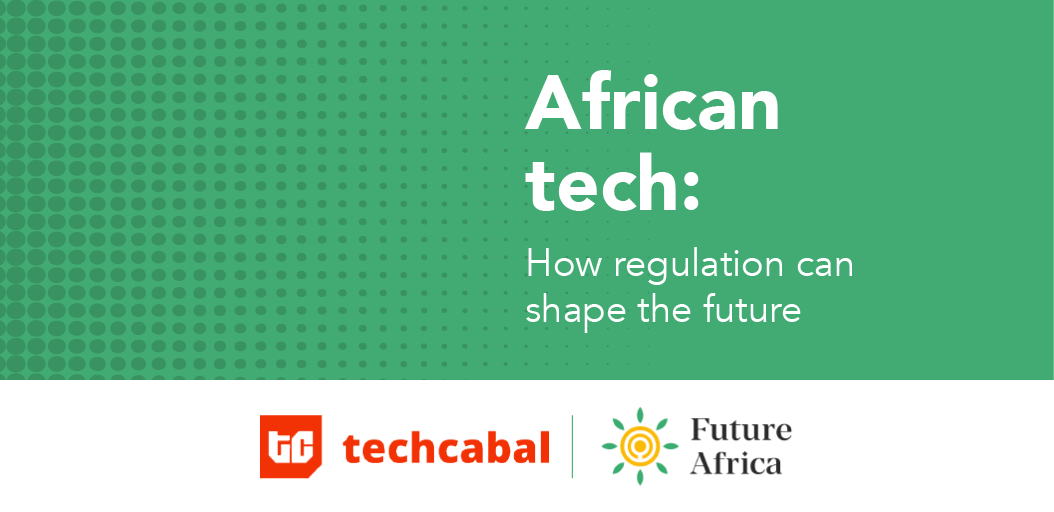
All over the continent, African governments are tightening their hold on tech regulations. Whether it’s amendments that tackle digital lenders in Kenya, the e-levy bill in Ghana, or even proposed social media bills in Nigeria, these regulations will shape the future of African startups and their growth.
If you’re curious about tech regulation in Africa and wondering how it can be improved upon to better support innovation, there’s a report that answers your questions.
A new report by our research and intelligence arm, TechCabal Insights in partnership with pan-African venture fund, Future Africa examines the regulatory environments in 6 major African startup hubs.
It looks at whether the government is innovation-friendly, what the key regulatory bottlenecks are and proffers recommendations for regulators in the different landscapes.
Sign up here to get early access.
OPPORTUNITIES
- Applications are open for the Sound Connect Funds in Southern Africa 2022 grant. Southern African NGOs and businesses that focus on and support the cultural and creative sector in Southern Africa are invited to apply to get up to €180,000 in grants. Check it out.
- Applications are now open for the United States African Development Foundation/Stanbic Kenya Grant Foundation Programme 2022. MSMEs in Kenya that are 100% African-owned are invited to apply for the chance to get up to $50,000 in grants. Check it out.
- The VC4A Mentor-Driven Capital Programme Nigeria 2022 is now open to applications. Twenty people—including investors and business professionals—with an interest in Nigeria will participate in the mentor-driven boot camp where they’ll learn valuable insights into building and funding. Invest in yourself here.
- Dream VC’s Launch into VC and Investor Accelerator Programmes are now open to applications. The former targets young working professionals keen on breaking into the African VC space, and the latter focuses on mid to late-stage professionals, experienced operators and entrepreneurs pivoting into an investment career. Check out Launch into VC here, and Investor Accelerator here.
What else we’re reading
- Facebook is testing a new desktop site design, and people don’t like it.
- Nigerian prop-tech startup Spleet secures $625,000 pre-seed funding round for expansion.
- Egyptian logistics startup Bosta expands to Saudi Arabia, raises pre-Series B funding.
- The Bank of Ghana has suspended fintech operator Dash.
DON’T JUST READ THE BRAND, WEAR IT TOO! 👕
Look the part. Check out techcabal.com/shop to start your journey.





